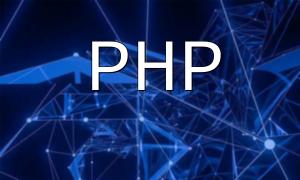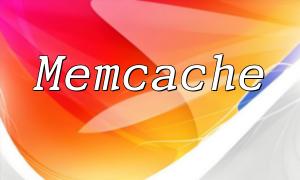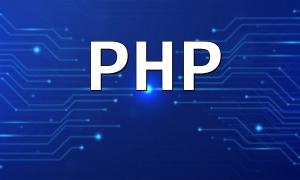By combining container orchestration technology with Redis caching, PHP function execution efficiency can be significantly improved. The caching mechanism allows data to be read from memory, avoiding frequent database access, reducing latency, and enhancing response speed.
FROM php:7.4-fpm
RUN apt-get update && apt-get install -y redis
COPY . /var/www/
This Dockerfile is based on the PHP 7.4 image, installs Redis service, and copies project files to the specified directory inside the container.
<?php
function get_cached_data($key) {
$redis = new Redis();
$redis->connect('redis', 6379);
if ($redis->exists($key)) {
return $redis->get($key);
} else {
// If data is not in cache, retrieve from database (implementation omitted)
$data = ''; // Assume data fetched from database
$redis->set($key, $data);
return $data;
}
}
This function tries to get data from Redis cache. If the cache does not exist, it fetches data from the database, stores it in the cache, and returns it, enabling faster subsequent access.
apiVersion: apps/v1
kind: Deployment
metadata:
name: php-function-app
labels:
app: php-function-app
spec:
replicas: 1
selector:
matchLabels:
app: php-function-app
template:
metadata:
labels:
app: php-function-app
spec:
containers:
- name: php-function
image: my-php-function-app:latest
ports:
- containerPort: 80
This Kubernetes deployment manages the containerized PHP function app, enabling flexible scaling and management.
Use JMeter or other stress testing tools to compare response times and system loads before and after enabling caching, evaluating the performance gains from caching.
Integrating container orchestration with Redis caching effectively boosts PHP function execution efficiency, reduces database load, and delivers faster and more stable application responses.








